Top 10 Myths About Scuba Diving
Bring up the fact that you scuba dive at a party the reaction is always the same. Some people will tell you that you are crazy to “risk your life like that”. A few will share anecdotes about the time they went on a snorkeling excursion. Many will relate stories about how their uncle’s cousin’s friend died in a freak accident. If you pay close attention, however, you will note a certain something in the eyes of a few members of your audience; a far away, wistful glance mixed with trepidation. The look tells you everything you need to know- these are the few that would love to try the sport but have been inundated with cautionary tales and have heard one too many myths about the dangers of scuba. In the following list, I have done my best to address some of the most popular myths and misconceptions about scuba in hopes that those with the look will overcome their fears and try the sport. So I present to you top 10 myths about scuba diving-
10
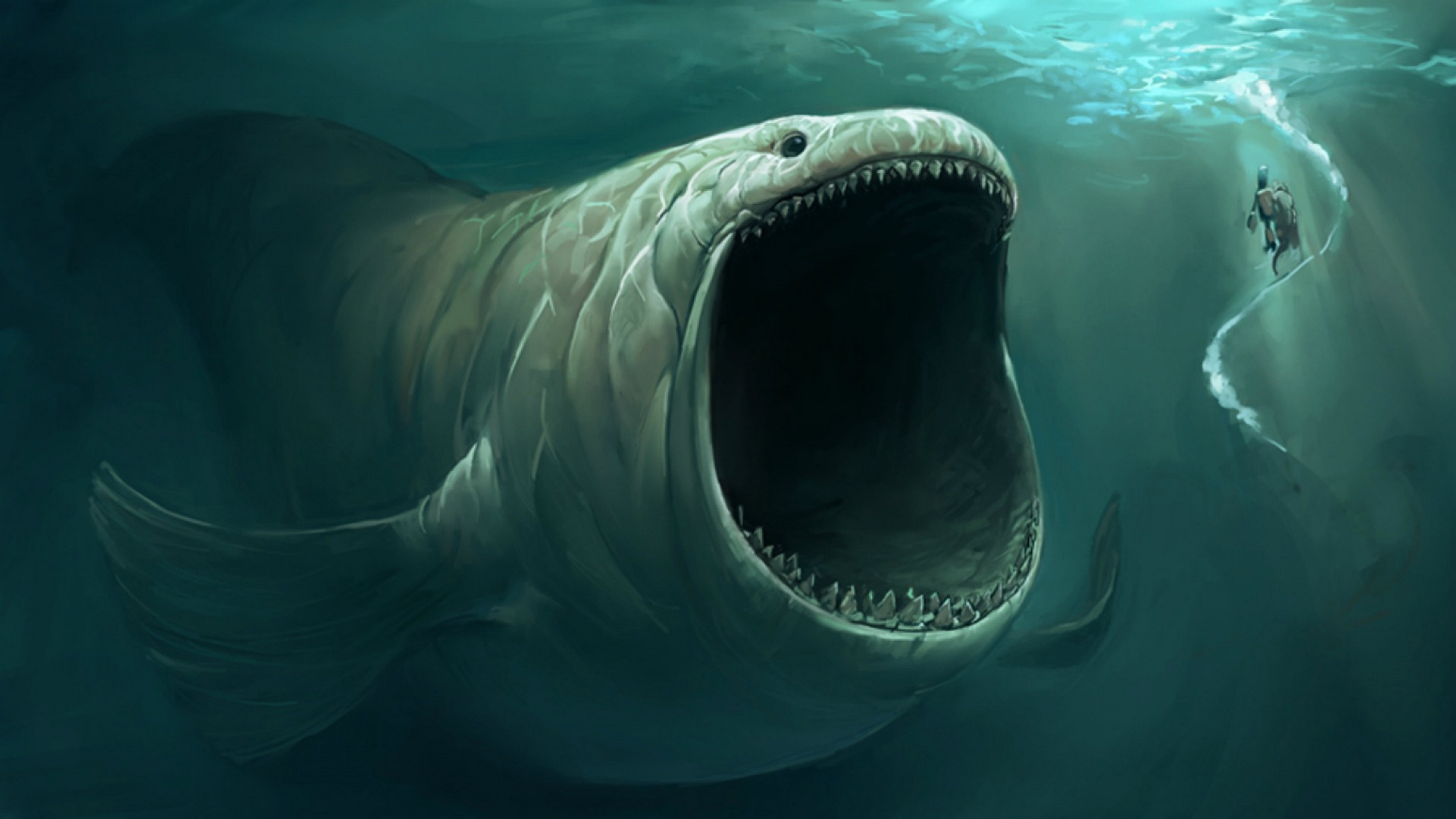
Truth: Despite the Jaws inspired hysteria that spread across beaches in 1975 (thank you, Peter Benchley), there are not revenge bent, bloody thirsty great whites lurking beneath the surface of every body of water. In fact, most aquatic animals are pretty inclined toward self preservation and will flee at the very sight of a wetsuit clad alien blowing bubbles and making noise. Most animals are surprisingly delicate, so delicate that human contact can be fatal for them. Sure, you may encounter a shark on a dive but the truth is these encounters (unless you are on a shark dive or are in an area that is particularly well populated in which case you will expect them) are more rare than you might think. Many divers consider it a privilege to encounter a shark, and the bulk of the species commonly encountered by divers are not dangerous to humans. Same goes for large turtles, eels, and even barracuda. Keep your hands to yourself, do your best to stay neutrally buoyant so as not to crash into anything, never purposely agitate an animal, and be sure to listen to any species specific advice that your dive master or captain may give prior to entering the water.
9
Myth #2: I will get lost underwater and the dive boat will leave without me (at which point I will obviously be eaten by sharks)
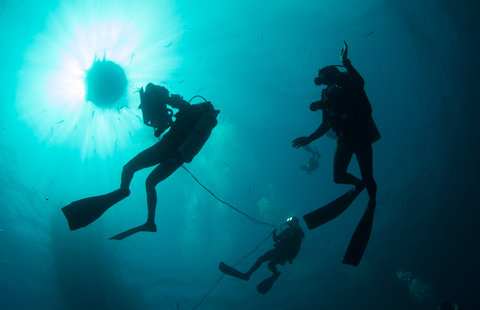
Truth: This is not the movie Open Water. You will not be left to drift alone in the vast ocean. When divers prepare for their dives, one of the first tasks is to choose a buddy. This buddy is a partner with whom you check your oxygen levels, orient yourself to a landmark, and generally look out for one another. Commonly, novice divers are assigned a guide, and the dive boat captain or dive master does a head count before the group enters the water and also when the group comes back aboard. The boat never leaves the site without all of the divers on board. In addition to these safeguards, you will be taught to navigate using a compass during your training and also how to properly orient yourself should you ever be left alone (which you won’t.)
8
Myth #3: I will run out of air and suffocate or drown.

Truth: Regarding your oxygen supply, you will always know exactly how much air you have left in your tank by checking your depth and PSI gauge. As you learn to regulate your breathing, you will also learn the approximate rate at which you consume air. This will enable you to plan for your ascent and help to ensure you are never in a crisis situation due to a lack of air. Of course, there is always the chance that your equipment will fail. Your dive buddy is useful in this situation because he or she will accompany you in the event of an emergency ascent. Additionally, there are certain techniques that a student learns during training that will allow buddies to share air should one of them experience an equipment malfunction. Your dive buddy has another regulator hooked up to his air supply so that you can easily share, and you can also purchase a pony bottle which can serve as an alternate source should you have an equipment issue.
7
Myth #4: I will have to dive very deep in order to see anything interesting.
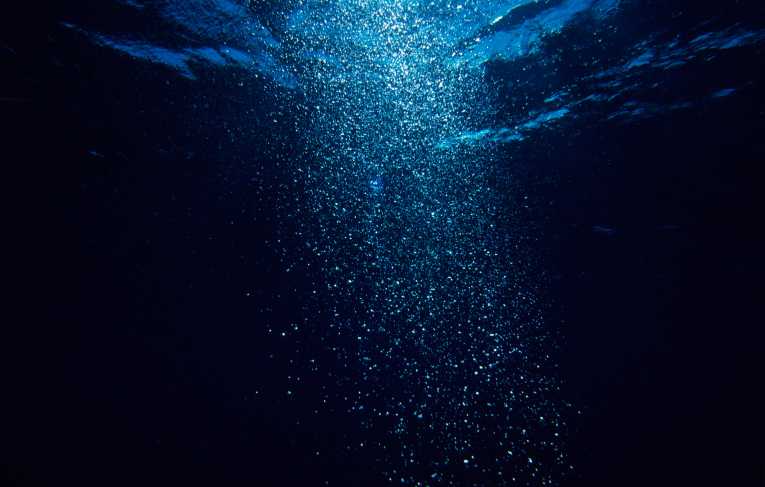
Truth: This is perhaps the most popular misconception of all. The reason that people want to scuba dive is to see animal live and explore sunken structures. It is estimated that water covers 71 percent of the earth’s surface; according to NASA.gov, 326 million trillion gallons of the stuff are waiting for us to jump on in and see what secrets are within. What many people do not realize is that the vast majority of the coral and wildlife that we are looking for can be found within 60 feet of the surface. The very idea of submerging ourselves is scary enough; it needn’t be reinforced by the notion that we need to descend into the leviathan in order to see anything worthwhile. While it is true that many wrecks are found at greater depths, there are plenty to explore near the 35 to 60 foot depth.
6
Myth #5: I do not have the time that it will take in order to become certified.
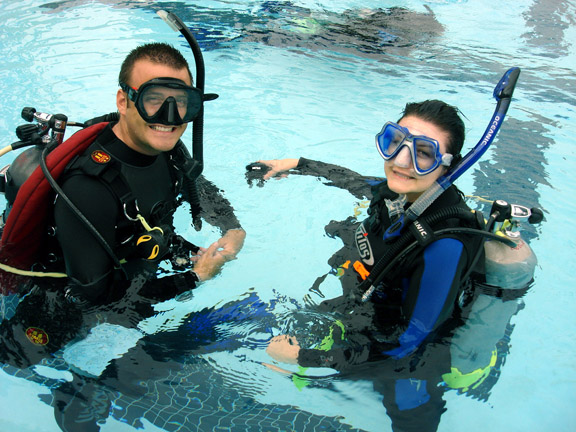
Truth: Many people are happily surprised when they learn how little time they need to invest in order to complete their certification requirements. The PADI website details the requirements and will help you locate classes local to your area. In most cases, the course is completed in four weekends. Classroom time generally takes place on a Saturday afternoon. This time is devoted to lectures, videos, quizzes, and homework assignments. When all of the chapters are completed, a certification exam is administered.
Sundays are usually reserved for the in water instruction, which is usually done at a local swim club or YMCA. In the pool, students are taught the basics. They are required to assemble and disassemble their equipment many times, to calibrate their instruments, and to achieve basic skills such as buoyancy and different entry strategies. An alternate schedule is sometimes used, with the in water training occurring in the morning directly preceding the classroom instruction.
The program can be completed in as little as a month and concludes with four open water certification dives. During these dives, the students’ skills are measured by an experienced and certified instructor. The checkout dives are usually done with the same dive shop that administered the course, although they may be done on a referral basis. When the dives are done on a referral basis, the originating dive shop provides the student with the name of a dive shop in a different area (the destination shop) so that the student can complete his or her checkout dives in a different location. The originating dive shop provides the student with the certification that he or she has passed the test and in return, the destination shop provides the originating shop with the certification that he or she has passed the checkout dives.
As an alternative to the traditional method of certification (classes first, water later), one may opt to take what is commonly referred to as a resort course. Sandals offers a resort course.This is an abbreviated version of the course, and many students opt to continue more classes after returning home in order to become fully certified. The advantage to the resort course is that it allows you to get your head under the water much faster. Some resorts offer the full certification course; personal preference and length of stay commonly dictate the type of course that a student may opt for.
5
Myth #6: Diving is only for rich people.
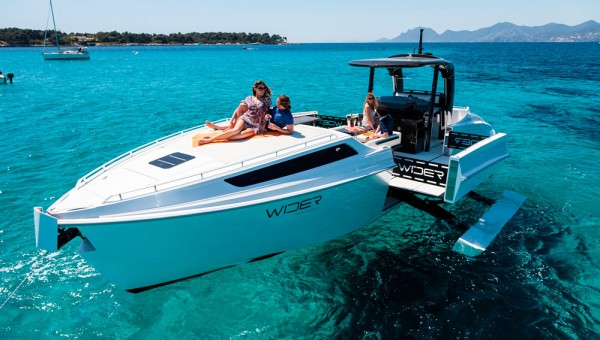
Truth: Sure, diving is a technical sport and requires specialized equipment. Then there are the added costs of the dive boat, and if you don’t live close to a dive site that is appealing to you, travel and lodging expenses. It may seem as though these elements would add up to an exorbitant fee and make diving cost prohibitive. The reality of the matter, however, is that most equipment is available for rent and dive shops run specials and promotions all the time. There are also specialized dive resorts that include the cost of your dives with your total vacation package. Here is a link to a popular dive resort on Islamorada, an island of the Florida Keys. You will undoubtedly want to purchase your own fins, snorkel and mask, but these items can be picked up fairly cheap and upgraded as funds allow. This site is a great resource, not only to purchase equipment but also to read about why and how to purchase equipment online.
4
Myth #7: I need to travel to a far and exotic locale in order to dive.
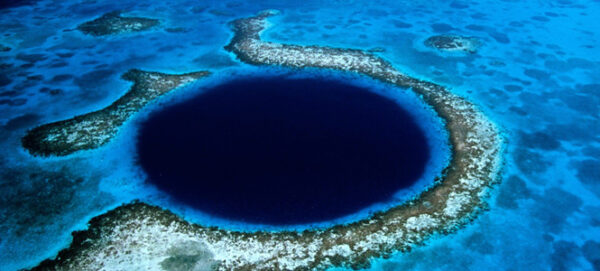
Truth: This is simply not true. Some of the best diving in the world can be found in the lower 48. The Florida Keys has some of the most beautiful and accessible diving for beginners. In fact, most if not all states have diving sites that are close to your back door. While we usually think of diving as a warm weather/warm water sport that is done in the oceans and gulfs only, there is quite a bit of quality diving to be experienced in lakes, rivers, and quarries. The Mississippi River is a popular destination for divers. Different bodies of water produce different conditions, and different temperatures require different training and equipment. This does not mean that these types of dives are inaccessible, however, and rental equipment is almost always available.
3
Myth #8: I am not an Olympian swimmer.
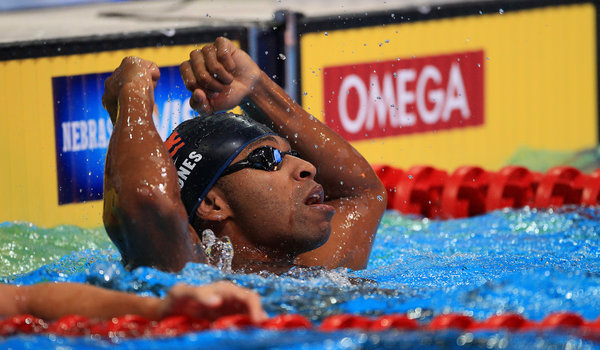
Truth: While I can’t address the validity of this statement as it applies to you specifically, I can confidently say that superhuman swimming abilities are not necessary. As far as physical fitness goes, there is some good and bad news.
First, the bad news: yes, you need to be a functional swimmer in order to scuba dive. I feel like that is extraneous information, however, as scuba diving takes place in the water and so a degree of swimming ability is absolutely essential. More bad news: there will be a swim test administered during the first in water instructional session. This swim test includes a 400 meter swim followed by 15 minutes of treading water. Now the good news: the 400 meter sounds far more daunting than it actually is. The swim can be completed using any stroke you are comfortable with, even the dog paddle. You can swim either above or below the water. You cannot stop during this test, but you can complete the 400 meters at your own pace. The goal is to be sure that you can actually swim yourself to safety in the event of an emergency. It is more of an endurance test than anything else, and that is why it is followed up by 15 minutes of treading water. More good news: since this test takes place in the pool, no hungry sea animals will be following your every move the way that they will be in the open water. (Just a little scuba humor there.)
2
Myth #9: I am not old/young enough to dive.
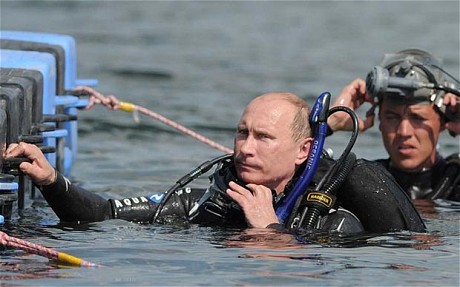
Truth: Scuba is a sport for all ages. Even the littlest aspiring divers can get started in their diving careers by taking a bubble-making class. This class readies little ones for diving by teaching them to be comfortable with the water and training them to become experts at blowing bubbles…which is a skill that comes in surprisingly handy later in training. Older divers commonly find that they are able to continue diving even after they have had to stop other sports- the buoyant qualities of water make diving quite accessible and in most cases, low impact. Everyone should consult with a doctor, of course, but many will find that age is a very small factor for diving.
1
Myth #10: Divers are an exclusionary and unfriendly bunch.
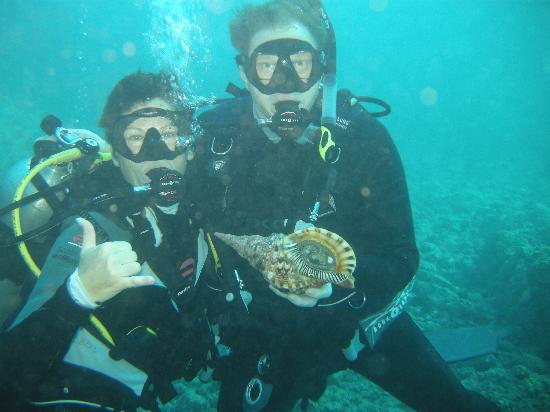
Truth: Nothing could be further from the truth. In fact, you can dispel this popular misconception on your own simply by visiting your local dive shop and introducing yourself. Divers come from all walks of life and are always eager to share their experiences. Diving is the kind of sport that lends itself to sharing-whether it be pictures, anecdotes, or tips on how to maximize your enjoyment. So, while you are at your local shop signing up for your open water certification course, introduce yourself to a few people and ask them about their experiences. You are bound to find out exactly how friendly and social the dive community is, and who knows-you just might make some new friends and discover a whole new world.
- Top 10 Myths About Scuba Diving - November 8, 2014



